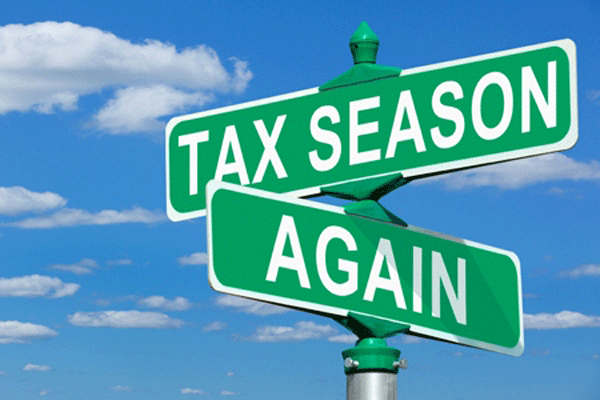
“We contend that for a nation to try to tax itself into prosperity is like a man standing in a bucket and trying to lift himself up by the handle.”— Winston Churchill
James is a qualified construction manager. He worked for one of the leading construction firms in the country and has been involved in numerous construction projects. A couple of years ago, James quit his job at the big company in order to start his own. It was a good move because he was well-connected in the industry and knew the market very well. One of the secrets for growth in the construction industry, which James knew well, was that to win business, you have to provide good quality, faster service and competitive prices.
sme’s chat with phillip chichoni

James soon started landing some bigger clients, up from the small ones he started with. He decided to regularise his operations by buying a shelf company and registering with the Zimbabwe Revenue Authority as a taxpayer. These were necessary requirements for one to bid for tenders and do business with large enterprises and state entities.
James was happy to be tax-compliant as he did not want any trouble with Zimra. That was until a month ago when Zimra representatives raided his offices. They demanded to see all sorts of documents, invoices, bank statements, sales receipts, job cards and all sorts of papers they could find in the office. As a business person who believed he was paying his taxes properly and promptly as required by the law, James was quite distraught, wondering what the raid was all about. The way Zimra officers were interrogating him made him feel like a criminal although he was not aware of what “crime” he had committed.
As it turned out, James’s company was being audited. Zimra officials said they were conducting the audit because his value-added tax (VAT) returns were in credit, meaning he was claiming input VAT from Zimra in months in which there were no sales and hence no output VAT. They automatically assumed that this was a fraudulent claim as a few people have scammed Zimra before.
A look at a construction company will show you that it can buy lots of materials in a certain month and then perform jobs later, hence the timing differences in terms of purchases and sales invoices.
- Chamisa under fire over US$120K donation
- Mavhunga puts DeMbare into Chibuku quarterfinals
- Pension funds bet on Cabora Bassa oilfields
- Councils defy govt fire tender directive
Keep Reading
Such distrustful behaviour makes many SME owners cynical of registering with the tax payer. Former German statesman Johann Wolfgang von Goethe once said the way you see people is the way you treat them, and the way you treat them is what they become. Small business owners will tell you that they are afraid of Zimra because once you are in the system, you will be under constant scrutiny such that even a simple mistake will get you punished by the tax authorities. They would rather stay out of the system than risk the wrath of the merciless tax officials. Many can even cite for you cases of firms that were closed after being fined huge penalties by Zimra that left them broke.
As I see it, Zimra has created a bad image for itself among the small business community. First, they seem unwilling to enforce the law on foreign businesses, especially those owned by the Chinese, Indians and others who import cheap products, most likely without even paying duties. Now, we know that price plays an important role in winning business. A firm that buys materials cheaply from these suppliers can produce at a lower cost and offer lower prices to their customers. But if you are a registered taxpayer, Zimra will tax you in the form of a withholding tax for buying from someone without a valid tax clearance certificate. In many cases, that 10% withholding tax is the difference between a profit and a loss on one’s product.
Therefore, one makes a bigger profit by remaining non-compliant with Zimra in order not to suffer the 10% loss. Such a business person can afford to outbid tax- compliant tax payers on prices because he has lower costs. Tax-compliant businesses are therefore punished by Zimra, instead of being commended for at least paying their taxes. Zimra should have enforced the compliance laws long back so that everyone would be in the system and enjoying a fair playing field.
The havoc at the tobacco flows recently just shows the selective application of tax laws by Zimra and its management. A tax system that is seen as unfair will create many tax evaders. People are generally good and want to comply with the law. Some simply pay their taxes because they are Christians who obey Jesus’s command to pay to Caesar what belongs to Caesar. However, when people feel like they are being punished for being tax compliant, you put them between a rock and a hard place. I hope the plight of SMEs is heard. Until next time, keep on accelerating your growth.
Phillip Chichoni is a business development consultant who works with SMEs and entrepreneurs. His new book Business Survival Amidst Turbulence is now available. You may contact him by email, [email protected]. You can also visit his blog http://chichonip.wordpress.com











